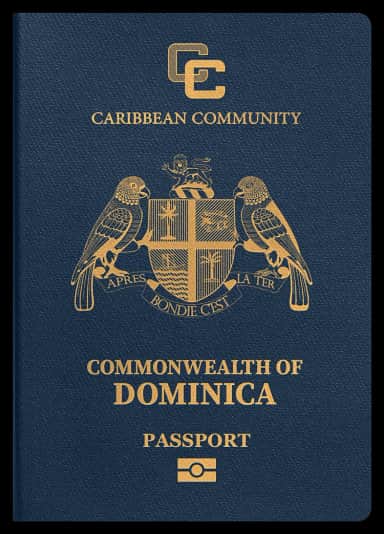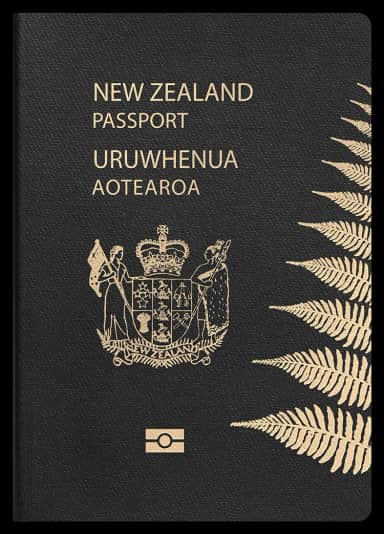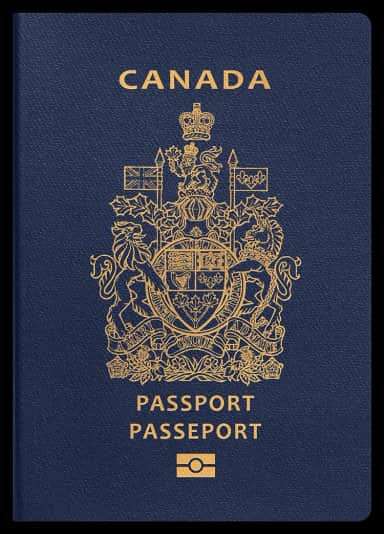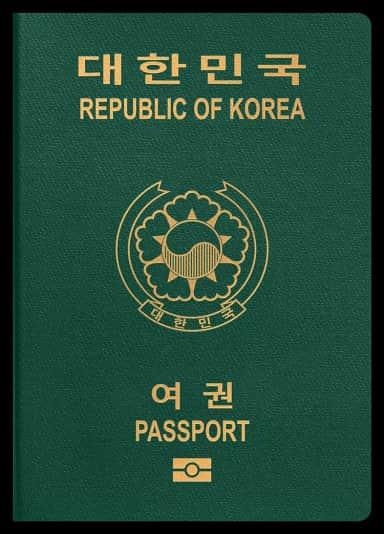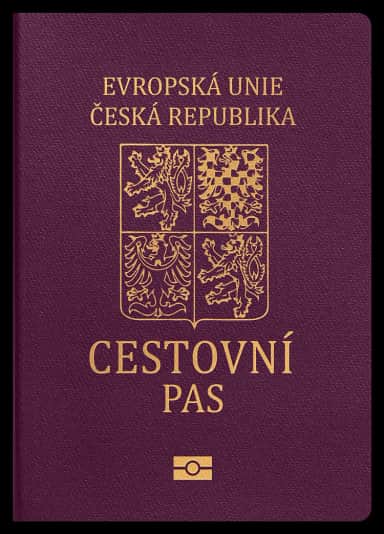
China Passport
Passport rankings out of 198 countries
Freedom of travel111
Asset protection70
Quality of life72
"Plan B"68
About China
China ranks first in the world in terms of population and GDP in terms of purchasing power parity, and third in terms of area. The official name is the People's Republic of China (PRC). This socialist state is a world leader in many industries: it produces machinery, cars and other consumer goods, extracts and processes minerals.
China's rich history and culture attract tourists. The country has 52 UNESCO World Heritage Sites, which ranks first in the world with Italy. Tourists visit the famous Forbidden City and the Great Wall of China, temples, palaces and nature reserves.
Population
1.4 billion
Capital
Beijing
Official language
Chinese
GDP per capita
$8.405
Time zone
UTC+8
Currency
CNY
China passport ranking and benefits
1
Access to 74 countries of the world
A Chinese passport provides visa-free access to Albania, Serbia, Qatar, the United Arab Emirates and other countries.
A Chinese passport provides visa-free access to Albania, Serbia, Qatar, the United Arab Emirates and other countries.
2
Education and healthcare services
Free secondary and higher education in China is available not only to children with a Chinese passport, but also to foreigners. Chinese universities have programs in English. International students can get grants to stay in the country and learn Chinese for free.
Citizens enjoy free public healthcare. The level of services varies depending on the region. Modern medical centers with English-speaking staff are located in major cities and provincial capitals.
Free secondary and higher education in China is available not only to children with a Chinese passport, but also to foreigners. Chinese universities have programs in English. International students can get grants to stay in the country and learn Chinese for free.
Citizens enjoy free public healthcare. The level of services varies depending on the region. Modern medical centers with English-speaking staff are located in major cities and provincial capitals.
3
Work and international business
China’s economy, industry and science are developing dynamically. Specialists in the fields of information technology, medicine, engineering, construction and natural sciences are in demand in the country.
The business development environment is favorable: the state provides subsidies, and tax rates are reduced in remote regions. For small businesses, the corporate tax rate ranges from 5 to 10%. The amount of tax depends on the number of employees and the company’s annual turnover.
China’s economy, industry and science are developing dynamically. Specialists in the fields of information technology, medicine, engineering, construction and natural sciences are in demand in the country.
The business development environment is favorable: the state provides subsidies, and tax rates are reduced in remote regions. For small businesses, the corporate tax rate ranges from 5 to 10%. The amount of tax depends on the number of employees and the company’s annual turnover.
Grounds for obtaining a China passport
Birth to citizens of the country
Marriage to a citizen of the country
Work for the country's government
Naturalization
Estimated time: 10 years
Repatriation
Adoption
Parents citizenship
Special conditions
Special services to the state
Obtaining a China passport by naturalization: requirements for applicants
Knowledge of state language
Assimilation or cultural knowledge
Stable financial status
Good health
No criminal records
Frequently asked questions
Which passports can be obtained by investment
China in the passport ranking for freedom of travel
Maldives 108 Place |
Philippines 109 Place |
São Tomé & Príncipe 110 Place |
China 111 Place |
Cambodia 112 Place |
Algeria 113 Place |
Lesotho 114 Place |







